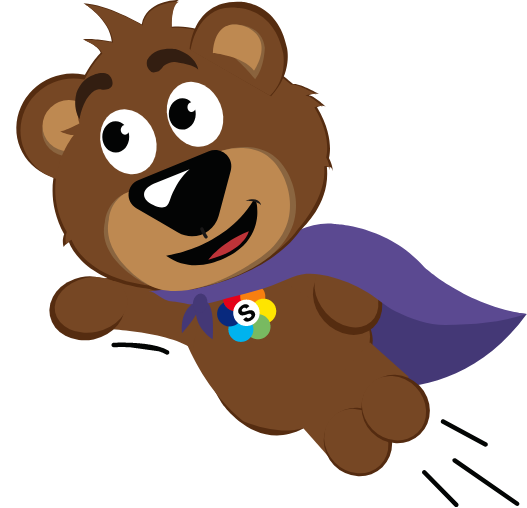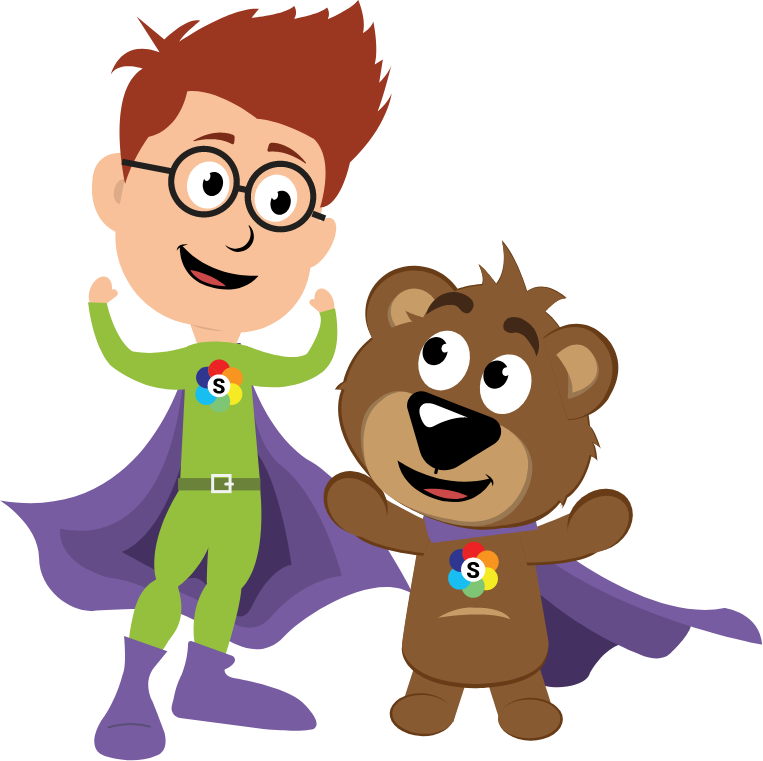Primary Pupils
WHAT IS ABUSE?
Abuse is a term used to describe when a person is being mistreated. Abuse can take different forms including disrespectful behaviour to physical harm. A person who abuses is a bully. Abuse can happen at home or in work and it is deliberate. It is often carried out by a well-known person such as a family member. Abuse is not acceptable especially when the victim is unable to protect themselves.
There are several forms of abuse including Domestic Abuse. When abuse happens within a family, between two adults over the age of 16, it is known as Domestic Abuse. Domestic abuse can be a pattern of events or controlling behaviour towards a partner when they are aged 16 and over. It occurs when one person mistreats their partner.
It is caused by one person having too much power and control over another.




